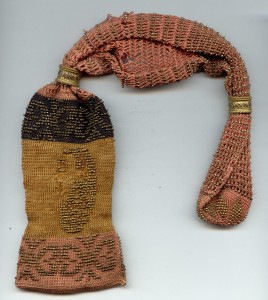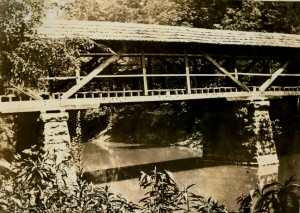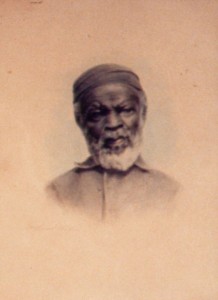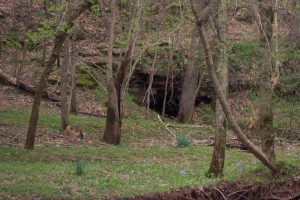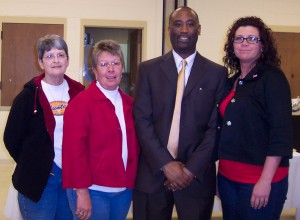1. Start with yourself
The first step in tracing genealogy is to start with yourself and work backwards.
Start with what you know such as the names of parents, grandparents etc. then search
for the unknown.
2. Interview older relatives
Older family members can give you personal information about your ancestors
not found in official records. They may also give you information that will lead you
you to other genealogical resources such as the names of extended family members,
locations where family members lived during a certain period, birth, marriage, and
death dates of family members. Always record the interviews if possible.
3. Copy old photographs
Copy all old family photographs and share them with family members. Be sure to
record the names of all persons featured in photographs on the back. We have all
seen old photographs of family members that no one can identify.
4. Share information with family members.
Always share what you find with family members. If you share information others
will likely share with you.
5. Organize your work
Always organize your research and cite sources so the information you find is
useful to others.
